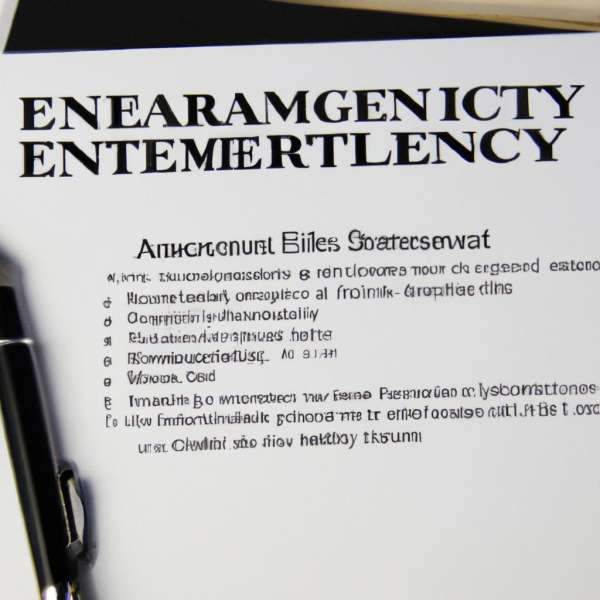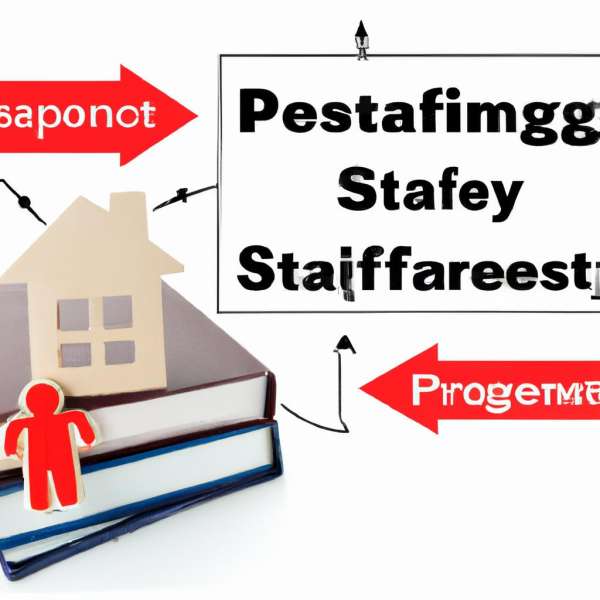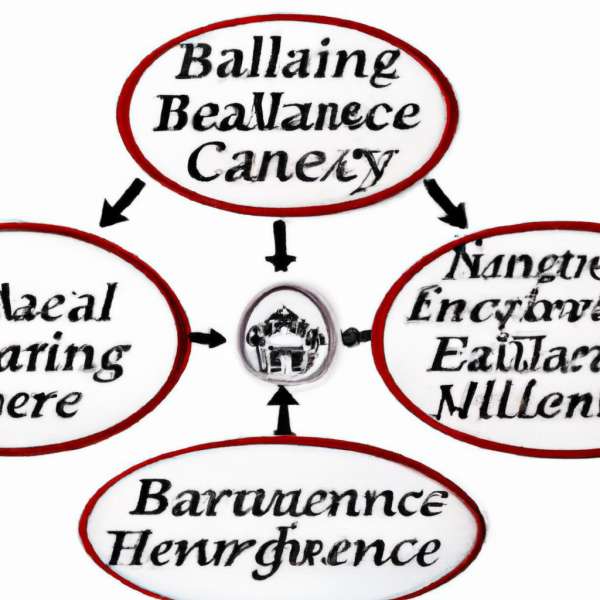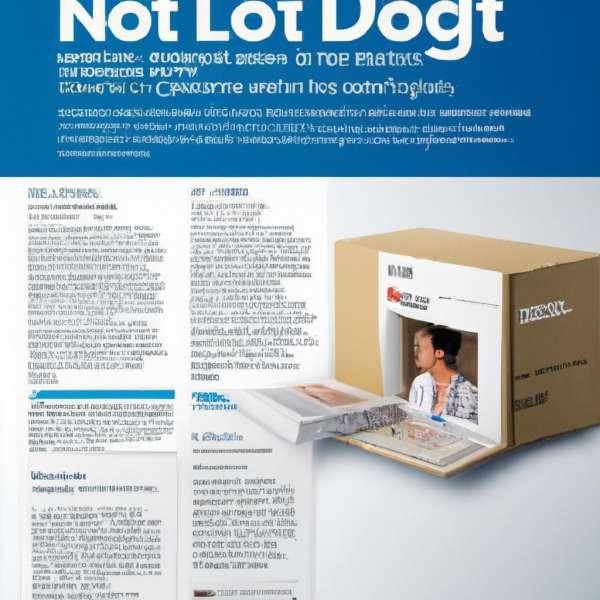Title: Understanding Estate Planning for Military Families
In the intricate tapestry of military life, where duty often pulls service members away from their homes and families, the importance of estate planning can sometimes get overshadowed by the demands of service. However, for military families, having a comprehensive estate plan is not just a legal formality; it is a crucial safeguard that ensures their loved ones are protected, no matter where life—or deployment—might lead them. This article delves into the unique challenges faced by military families in the realm of estate planning, exploring the essential tools and strategies they can employ to create a sense of stability and security amidst an uncertain world. From navigating legal documents to understanding benefits and entitlements, we’ll provide insights to help military families take charge of their future with confidence and clarity.
Navigating the Complexities of Military Benefits in Estate Planning
When it comes to estate planning for military families, understanding the various benefits available can feel overwhelming. Military benefits—including life insurance, pensions, and survivor benefits—play a critical role in shaping a comprehensive estate plan. These benefits not only offer financial security but also have unique features and stipulations that must be carefully navigated to ensure they are utilized effectively.
It’s essential to consider the **following key aspects** when incorporating military benefits into your estate plan:
- Life Insurance Options: Familiarize yourself with the Servicemembers’ Group Life Insurance (SGLI) and Veterans’ Group Life Insurance (VGLI) policies. Understanding the differences and the claims process for these types of coverage is vital.
- Retirement Benefits: Military pensions can be a significant asset in estate planning. Ensure you understand the division of benefits upon divorce or in the case of death.
- Dependency and Indemnity Compensation (DIC): This benefit provides financial support to surviving spouses and dependents of service members who died in the line of duty. Knowing the criteria and application process is crucial.
Additionally, some military benefits may impact tax obligations and eligibility for other social services. It is advisable to consult with a legal expert who specializes in military estate planning to optimize your strategy. They can help you understand:
| Benefit | Key Considerations |
|---|---|
| Life Insurance | Policy conversion options and beneficiaries |
| Pension | Beneficiary designations and survivor benefits |
| DIC | Eligibility requirements and application process |
Ultimately, a well-thought-out estate plan not only honors the service of military families but also protects their financial future. By understanding the complexities of military benefits and incorporating them into your overall estate strategy, you position your family for greater peace of mind during challenging times.

Essential Legal Documents Every Military Family Should Consider
When it comes to estate planning, military families face unique challenges that underscore the importance of having the right legal documents in place. **Power of Attorney (POA)** is a crucial document that allows a designated person to make decisions on behalf of a service member during their absence, whether due to deployment or training. It’s essential to have both **General POA** and **Medical POA** to ensure that financial and health-related decisions can be effectively managed.
Another vital document is a **Living Will**. This outlines specific healthcare preferences in case a service member becomes incapacitated. It provides clarity on medical treatments they wish to receive or forego, alleviating potential stress on family members during difficult times. Additionally, a **Last Will and Testament** ensures that an individual’s assets are distributed according to their wishes after their passing. This document not only protects personal belongings but also secures the future of dependents.
- Power of Attorney (POA)
- Living Will
- Last Will and Testament
- Trusts – consider a revocable living trust to simplify asset transfer.
- Beneficiary Designations – review and update regularly to reflect current wishes.
| Document Type | Purpose |
|---|---|
| Power of Attorney (POA) | Delegates decision-making authority |
| Living Will | Defines medical treatment preferences |
| Last Will and Testament | Distributes assets as per wishes |
| Trusts | Simplifies asset management and transfer |
| Beneficiary Designations | Ensures assets go to chosen individuals |
Lastly, it’s advisable for military families to consider **beneficiary designations** on life insurance policies and retirement accounts. Regularly reviewing and updating these designations can prevent complications and ensure that benefits go to intended recipients. In times of uncertainty, having these essential documents prepared can bring peace of mind, allowing military families to focus on what truly matters.

Strategies for Protecting Family Assets During Deployment
During deployment, military families face unique challenges, especially when it comes to protecting their assets. Here are several effective strategies to ensure that family property and finances remain secure while a loved one is serving overseas.
- Create a Power of Attorney: Designating a trusted individual with power of attorney allows them to make financial decisions on your behalf. This can include managing bank accounts, signing legal documents, and handling property transactions.
- Establish a Trust: By setting up a revocable living trust, families can ensure that assets are managed according to their wishes. This can provide benefits like asset protection and avoiding probate.
- Review Insurance Policies: Update your insurance policies to ensure that coverage reflects current needs. This may involve home, auto, or life insurance to protect against unexpected liabilities.
- Document Everything: Keep thorough records of all financial transactions, property ownership, and important legal documents. This helps safeguard against loss and provides clarity in case of disputes.
Additionally, it’s crucial to maintain open lines of communication with your deployed family member. Regularly discuss financial decisions and updates, ensuring that both partners are informed and in agreement. Consider utilizing tools or applications specifically designed for military families that can help track expenses, share updates, and manage responsibilities comprehensively.
Lastly, digital security is paramount. Ensure that all sensitive information, from financial passwords to important documents, is stored securely. Enable two-factor authentication on accounts to add an extra layer of protection. By combining these strategies, families can safeguard their financial wellbeing, even when physically separated.

Balancing Service Commitments and Family Needs in Estate Management
For military families, the complexities of estate management often take a backseat to service commitments, yet it remains a critical aspect of financial security. Balancing duties to the nation with family needs requires thoughtful planning and open communication. A well-structured estate plan can not only provide peace of mind but also ensure that loved ones are safeguarded regardless of where duty calls.
To effectively manage estate planning, military families may consider the following key elements:
- Wills and Trusts: Determine whether a will or a trust is more suitable for your family’s specific needs.
- Power of Attorney: Appoint trusted individuals to make decisions on your behalf when you are unavailable.
- Beneficiary Designations: Regularly update beneficiary information on insurance policies and retirement accounts.
- Long-Term Care: Consider options for long-term care coverage, especially if service-related injuries or illnesses arise.
Additionally, it is vital to communicate openly with family members about estate plans. By laying out intentions and encouraging discussions, families can foster a better understanding of each other’s needs. Implementing regular family meetings to review and reassess estate plans can ensure alignment with evolving family dynamics and military obligations.
| Estate Planning Element | Importance |
|---|---|
| Wills | Determine the distribution of assets |
| Trusts | Manage assets for minors or dependents |
| POA | Supports decision-making in emergencies |
| Healthcare Proxy | Ensures medical preferences are honored |
Ultimately, navigating the intersection of military commitments and family obligations through strategic estate planning empowers families to face uncertainties with confidence. By proactively addressing these considerations, military families can honor their service while securing their loved ones’ futures.
Final Thoughts
As we conclude our exploration of estate planning for military families, it is essential to remember that this crucial process goes beyond mere paperwork; it’s about securing a legacy and providing peace of mind for those who serve. Just as military families navigate the complexities of deployment and relocation, they must also chart a clear course through the often-confusing waters of estate planning. By understanding the unique benefits available to them and taking proactive steps, they can ensure that their loved ones are protected, both in times of peace and in times of uncertainty.
Ultimately, estate planning is not just a task to be checked off a list, but a vital component of family resilience and preparedness. As you tread this path, consider reaching out to professionals who specialize in military estate planning, engage in open conversations with your family, and approach each step with the diligence and care that your service embodies. Armed with knowledge and resources, military families can navigate this intricate landscape, ensuring that their voices, values, and wishes endure beyond their time. After all, planning today not only honors the sacrifices made but also paves the way for a secure tomorrow.


